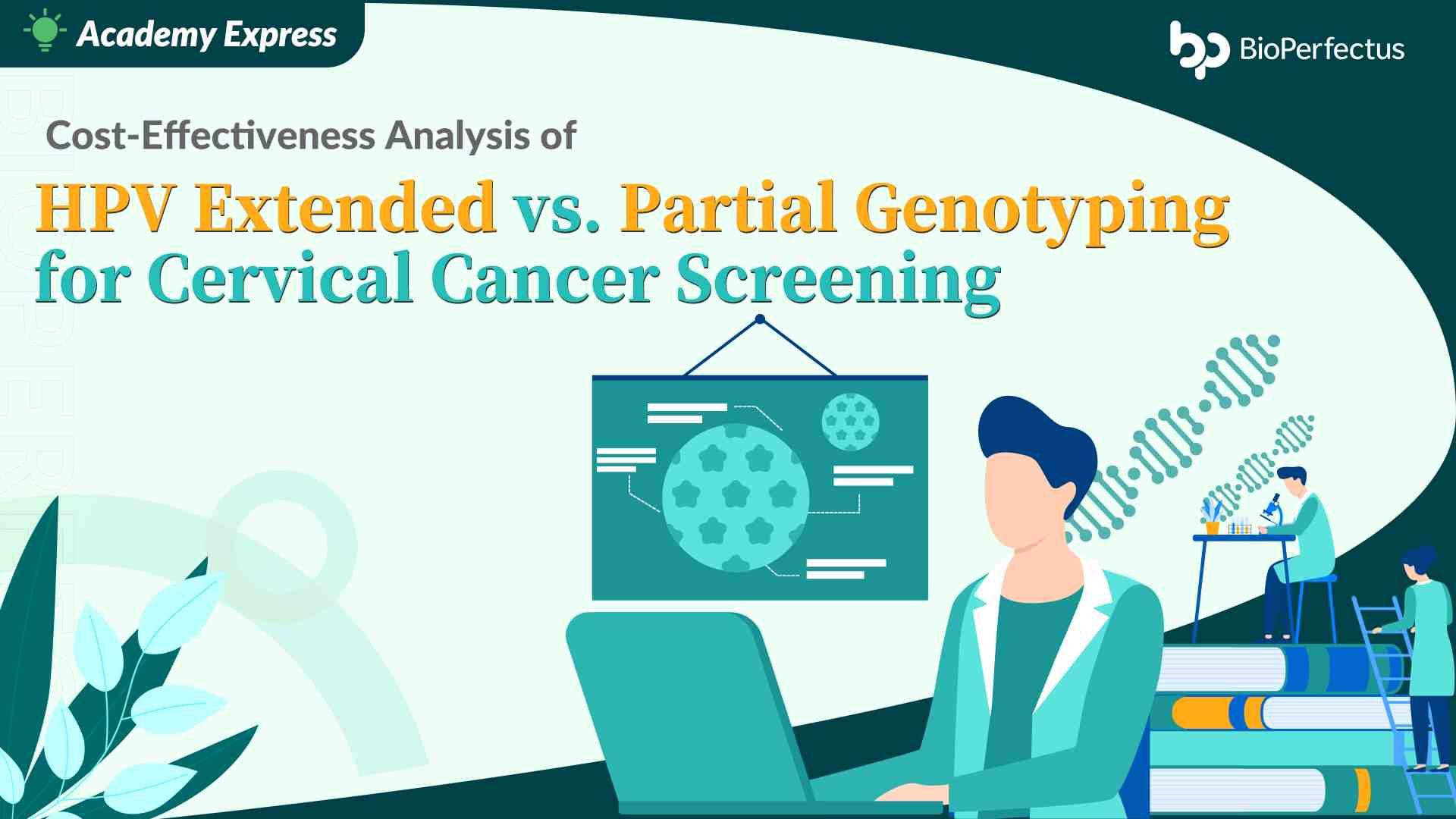
The elevated risk of a diagnosis of cervical intraepithelial neoplasia grade 3 or worse (CIN3+) with HPV16/18 is well established. Recent evidence suggests that the risk with the 12 other hr-HPV varies across a wide range: with HPV31 (7.9−8.9%) and HPV33 (5.4%−15%) having higher risks than HPV18 (2.7−9%), thus, warranting a colposcopy. HPV35/39/68/51/56/59/66 with a low-grade squamous intraepithelial lesion (LSIL) or atypical squamous cells of undetermined significance (ASCUS) possess a low risk (2.0%). For patients with these genotypes, unnecessary coloscopies can be avoided. Using extended genotyping (XGT) for cervical cancer screening is crucial for eliminating cervical cancer because increasing the HPV vaccine has shifted the HPV epidemiology. Furthermore, there are geographical differences in specific hrHPV that contribute to invasive cancers.
Based on the evidence mentioned above, the team led by Brandon Chua at the National University of Singapore systematically evaluated the pros and cons of conducting HPV extended genotyping screening in the Singapore cervical cancer screening program and published their research findings in "Cancers" under the title "Cost-Effectiveness Analysis of HPV Extended versus Partial Genotyping for Cervical Cancer Screening in Singapore." The study indicates that extended genotyping (XGT) is cost-effective compared to partial genotyping (PGT), utilizes fewer resources, and provides a risk-based approach as the primary cervical cancer screening method.

The researchers constructed a discretely integrated condition event (DICE) simulation to evaluate the cost and outcomes of the HPV extended genotyping screening strategy compared to HPV16/18 genotyping screening from the perspective of healthcare payers. A cohort of 500,122 screening candidates was modeled, including unvaccinated screening candidates aged 30-69 years old. The model considers one five-year screening cycle and lifetime outcomes if diagnosed with CIN2+.
Ø Screening algorithms and follow-up modeled for PGT and XGT are as follows:


Ø The input variables in the model are as follows:


The study compared the total cost and quality-adjusted life years (QALYs) loss between the two screening strategies and calculated the Incremental Cost-Effectiveness Ratio (ICER). The research evaluated the cost-effectiveness of the two screening strategies by comparing them to a cost-effectiveness threshold. The cost-effectiveness threshold was taken as Singapore Dollars (SGD) 100,000, comparable to the gross domestic product per capita in Singapore in 2021. Additionally, the researchers conducted a one-way sensitivity analysis to assess the impact of uncertainty in the model inputs.
Ø The research indicates:
◎ In a five-year screening cycle, compared to the HPV16/18 genotyping strategy, the use of HPV extended genotyping (XGT) for cervical cancer screening strategy resulted in 7,130 cases (19.4%) fewer colposcopies, 9,787 (1.6%) fewer clinical consultations, and 6,027 (7.0%) fewer cytology tests; yet an additional 2,446 (0.5%) HPV tests, giving 274.42 more Quality-Adjus. This yields an ICER of SGD 16,370/QALY. Hence, XGT was cost-effective compared to PGT, at a willingness-to-pay threshold of SGD 100,000/QALY.

◎ XGT was cost-effective across input ranges in one-way uncertainty analysis, with ICERs ranging between -SGD 17,736/QALY and SGD 50,474/QALY (-USD 21,089/QALY and USD 60,017/QALY).

In Singapore, the use of XGT can become the next primary cervical cancer screening method, providing a cost-effective and risk-based approach. Even with improved HPV vaccination coverage over time, XGT should remain valuable in stratifying patients for management based on risk profiles.
Reference:
Chua B, Lim LM, Ng JSY, Ma Y, Wee HL, Caro JJ. Cost-Effectiveness Analysis of HPV Extended versus Partial Genotyping for Cervical Cancer Screening in Singapore. Cancers (Basel). 2023 Mar 16;15(6):1812. doi: 10.3390/cancers15061812. PMID: 36980698; PMCID: PMC10046888.

